This work explores how the generally accepted definition or measure of equality of educational opportunity at the beginning of the twenty-first century differs from what it was in the immediate postwar era. While there have been differing definitions or measures of equality of educational opportunity, there has been a continual call from education critics and education reformers for more and better mathematics, science, and foreign language in the nation's schools. This work maintains that public education acquired significance as a vital part of a national agenda in conjunction with three developments. First, the prosperity of the United States after World War II contributed to a consumer dominated culture and the phenomenon of the citizenconsumer. The nation had to expand educational opportunities in response to the increased birth rate in the postwar years and in response to the increased qualifications that the workplace required for entry and employment. Significantly, the nation had the resources to send its children and youth to school for longer and longer periods of time. Better-educated citizens soon took better jobs and they spent paychecks buying everything from new technologies to new and bigger houses and new and bigger cars. Increased household income allowed young members of the family to attend and even complete high school and increased the chance of affording the cost of attending college. Second, by the end of World War II the globalization of the international community was underway, and the United States' position and role in the international community were clearly challenged by the Soviet Union. As the United States found itself in the Cold War, its national security required an ideological, a military, and a technological strategy. Each of these strategies ultimately depended on higher or post-secondary education, and that had lasting implications for the nation's elementary and secondary schools. The nation's engagement in the Cold War required well-educated professionals to secure intelligence and to develop effective propaganda. That engagement also required scientists, mathematicians, and engineers to develop and to maintain the technology the nation required for its defense and subsequently for the space race with the Soviet Union. Third and perhaps most importantly, it was becoming increasingly clear in the Cold War Era that the nation would have to address its long history of denying civil rights to some of its citizens, especially but not exclusively, African Americans. As the Supreme Court's 1954 Brown decision signified, public education was the initial venue where the struggle for racial equality took place.



 天天爆殺
天天爆殺  今日66折
今日66折 
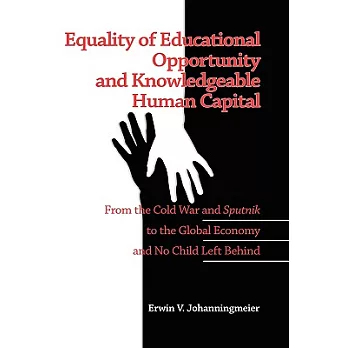








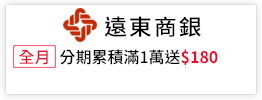




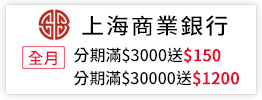





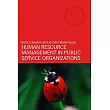
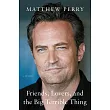
 博客來
博客來 博客來
博客來 博客來
博客來 博客來
博客來 博客來
博客來